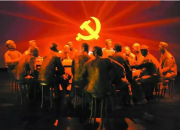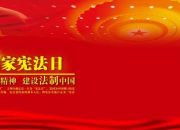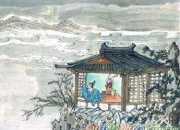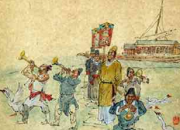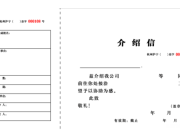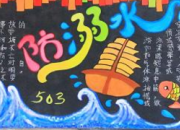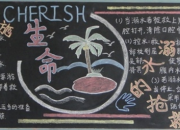高中英语完形填空模拟题和答案
时间:2021-08-31It is difficult to think of a nation as an abstract collection of people living on a patch of territory. It is easier to think of as a person. This is why we sometimes call Great Britain __1__ "Britannia" and the United States "Columbia", and think of it as stately women. We also use masculine symbols in our __2__ personification of nations. In 1712 John Arbuthont, a Scot,wrote a political satire in that the characters were supposed __3__ to be typical members of different nationalities. The Englishman was John Bull. This name, which was sufficient flattering to be __4__ adopted generally, combined the most common English first name with a last name indicated strength. John Bull is usually __5__ pictured as a partly businessman with a Union Jack on his hatband.
After the American War of Independence began in 1783, the United __6__States was knownfor "Brother Jonathan". Jonathan was a biblical __7__ name associated with simple people from rural areas, and it seemed fitting since the United States is rural and unsophiscated, and since __8__American considered their type of simplicity a virtue compared to __9__ the wickedness of European cities. It is possible, however, that the name was originated with President George Washington, who would __10__often say, when faced with a hard problem, "Let us consult Brother Jonathan", referring to his secrectary, Johnathan Trumbull.
答案详解:
1. of和as之间加上it.代替前文的a nation
2.it—both.指代上文的US和Great Britain
3.that—which
4.sufficient—sufficiently.修饰形容词用副词
5. indicated—indicating
6.began—ended.根据历史知识,美国独立战争开始于1776年7月4日(《独立宣言》发表),直到1783年英国正式承认美国独立才结束。
7. for—as.be known for意为“因......而众所周知”
8. is—was.美国过去曾是一个rural and unsophisticated的国家9.to—with.compare to 意为“把......比作.......”compare with意为“与......比较,与.......匹敌,与......竞争”
10. 删掉name和originated之间的was
